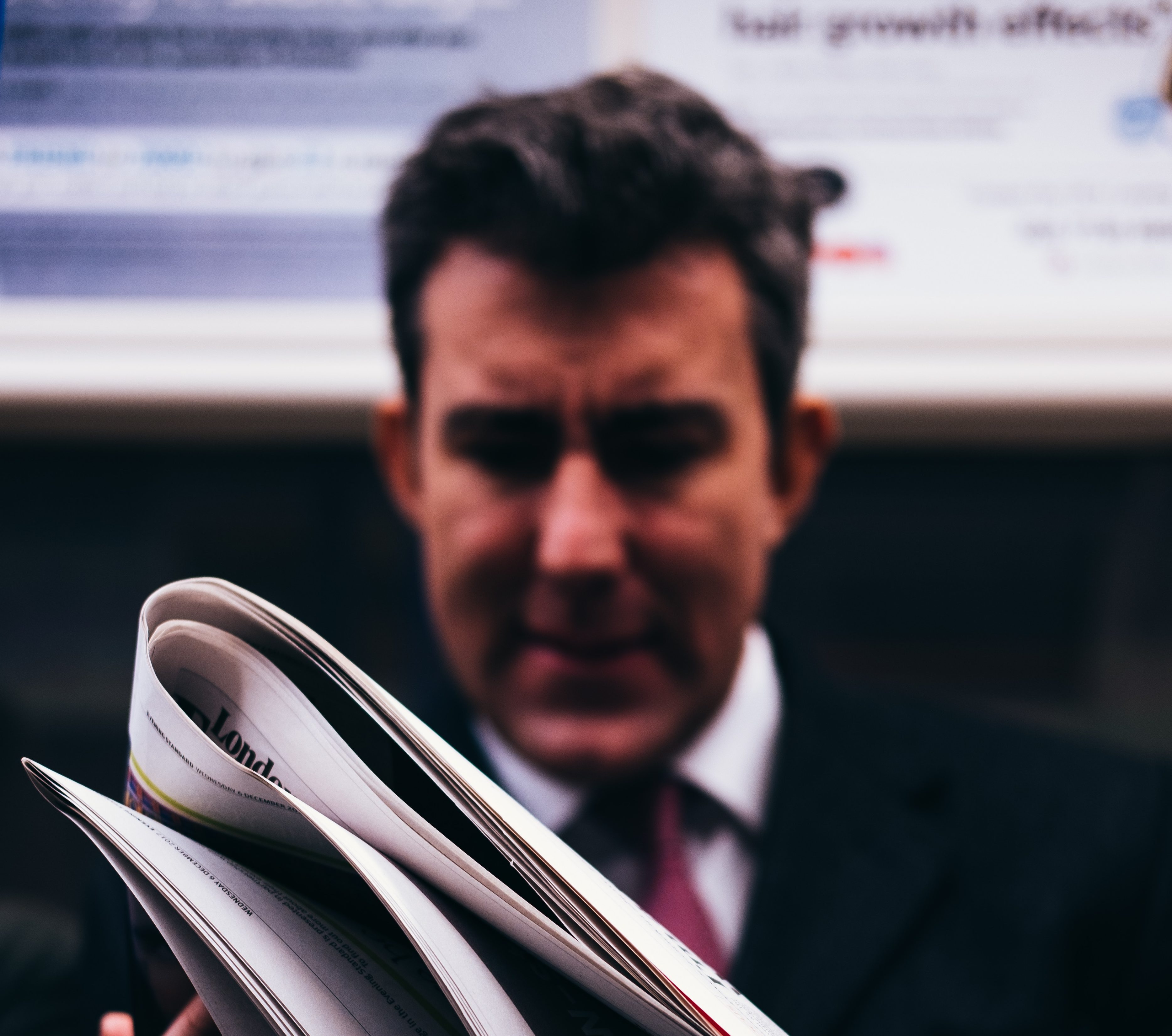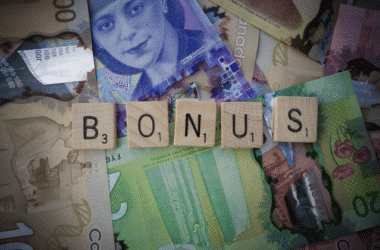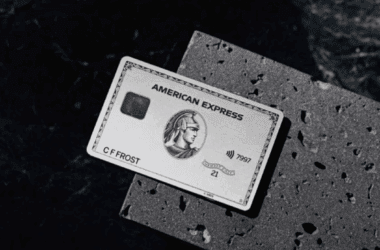The long lasting impacts of the Covid-19 pandemic have been varied. The public health crisis and the economic slowdown have truly upended many lives. In response, many issuers have tightened credit card approvals across the board. I experienced it first hand when Chase outrightly denied me for one of their personal credit cards. However, we’ve seen glimpses of things improving in the last couple of weeks. In particular, we saw data points about Chase approving more business credit card applications. However, is this trend temporary or long term? FICO’s recent data provides some interesting insights.
Credit Card Approvals
This latest Wall Street Journal/LiveMint report sheds some light on a few interesting aspects. Credit card approvals are largely contingent on our credit scores. Surprisingly, U.S. consumer credit scores have risen post pandemic. However, they only tell half the story. The other half isn’t so rosy. It could also be the reason why we could see another wave of restrictions before things finally ease up.
FICO Scores
The average FICO credit score stood at 711 in July, up from 708 in April and 706 a year earlier, according to Fair Isaac Corp., the score’s creator. Early estimates suggest the average score has held steady through mid-October at the July level, which is the highest since FICO began keeping track in 2005.
The increase is largely thanks to the unprecedented financial assistance the government and lenders rolled out to consumers after the pandemic took hold in the U.S. Stimulus payments and expanded unemployment benefits helped many borrowers keep up with their bills and, in some cases, even pay down their debt. Widespread payment holidays on mortgages, auto loans and student loans freed up funds and kept credit reports clean.
While this is great news, it also shows that the increase in scores was a function of government aid to the people in the form of unemployment benefits.
One big fear is that consumers’ credit quality could begin to sour if Congress doesn’t reach a deal on additional aid for the unemployed. “We’re afraid that in a couple months there could be real damage to credit reports,” said Francis Creighton, chief executive of the Consumer Data Industry Association, which represents credit-reporting firms.
What Lies Ahead
As per FICO, credit scores are lagging indicators. Therefore, FICO only sees the impact on credit scores some time after the economic stress occurs. In this case, if a stimulus deal isn’t reached, we could see another wave where we see average credit scores tank and defaults rise. In such a scenario, card issuers could simply pull the plug and impose more guardrails in place.
Already, issuers are being a lot more vigilant. They’re also using more technology in order to better predict their customers’ economic future. Most recently, we’ve seen this play out in the recent months as issuers have actively cut credit lines or also closed inactive credit cards in some cases.
Dormant credit-card accounts are seen as particularly risky these days. Lenders are worried customers will reach for them when unemployment runs out, so they are trimming credit lines and closing some accounts altogether. Even customers with credit scores in the mid-700s—generally seen as more creditworthy and eligible for lower interest rates—haven’t been spared.
The Pundit’s Mantra
As per the Federal Reserve, Americans used 35% of their stimulus payments to pay down their debt. Government aid and loan deferments also helped many people stay afloat during these tough time.
This also means that the bump in average credit scores could be a temporary phenomenon. However, the pandemic continues to rage on as election results loom large. If a deal isn’t reached on the next round of stimulus, things could well go south once again on the economic front. Goldman Sachs has already forecasted that a lack of a bipartisan agreement on stimulus could delay economic recovery prospects until January 2021.
Banks will only approve more customers for their credit card products if they can accurately predict that customers won’t default. If markets tank, we could well see issuers tighten their belts once again.
___________________________________________________________________________________________________________________
The Points Pundit loves these newly relaunched Chase credit cards!
Firstly, they offer you a 0% APR for the first 15 months.
Secondly, they have no annual fee and have a lucrative welcome bonus of $200 or 20,000 Ultimate Rewards points after you spend $500 in the first 3 months.
Moreover, you can earn up to 60,000 Ultimate Rewards bonus points in the first year if you maximize the bonus points categories.
They’re packed with brand new benefits and bonus points categories.
Overall, a great option to carry in your wallet for everyday spend!
Apply Now
(Chase’s 5/24 rule may apply to these cards)
___________________________________________________________________________________________________________________
Never miss out on the deals, analysis, news and travel industry trends. Like us on Facebook, follow us on Instagram and Twitter and get the latest content!
___________________________________________________________________________________________________________________
Disclosure: The Points Pundit receives NO compensation from credit card affiliate partnerships. Support the blog by applying for a card through my personal referral links. This article is meant for information purposes only and doesn’t constitute personal finance, health or investment advice. Please consult a licensed professional for advice pertaining to your situation.












